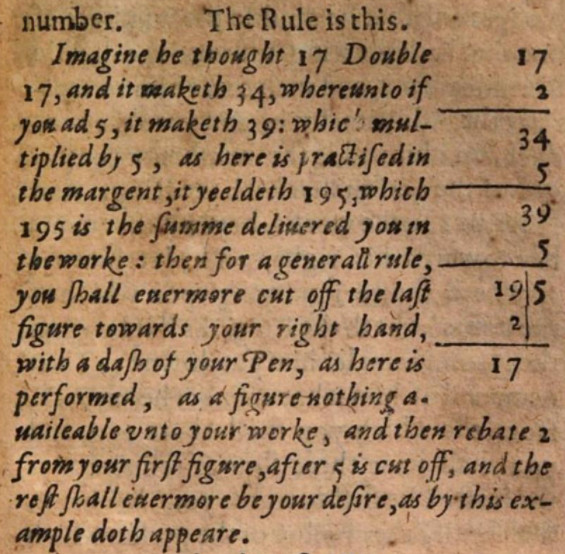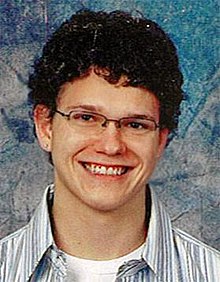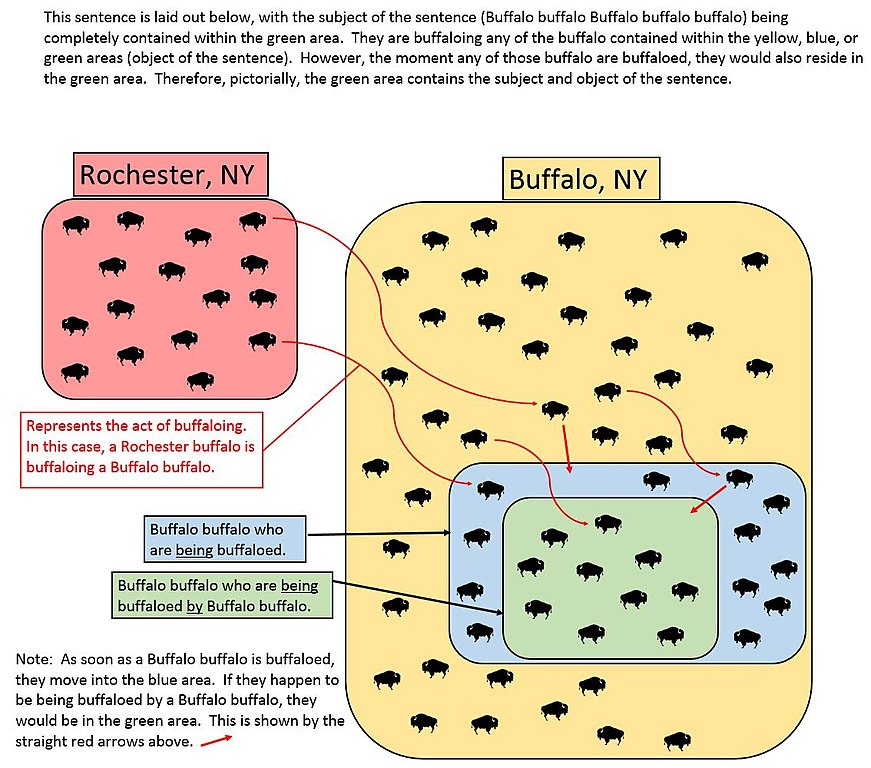“Two years ago,” she said, “when I was so sick, I realized that I was dreaming the same dream night after night. I was walking in the country. In the distance, I could see a white house, low and long, that was surrounded by a grove of linden trees. To the left of the house, a meadow bordered by poplars pleasantly interrupted the symmetry of the scene, and the tips of the poplars, which you could see from far off, were swaying above the linden.
“In my dream, I was drawn to this house, and I walked toward it. A white wooden gate closed the entrance. I opened it and walked along a gracefully curving path. The path was lined by trees, and under the trees I found spring flowers — primroses and periwinkles and anemones that faded the moment I picked them. As I came to the end of this path, I was only a few steps from the house. In front of the house, there was a great green expanse, clipped like the English lawns. It was bare, except for a single bed of violet flowers encircling it.
“The house was built of white stone and it had a slate roof. The door — a light oak door with carved panels — was at the top of a flight of steps. I wanted to visit the house, but no one answered when I called. I was terribly disappointed, and I ran and I shouted — and finally I woke up.
“That was my dream, and for months it kept coming back with such precision and fidelity that finally I thought: surely I must have seen this park and this house as a child. When I would wake up, however, I could never recapture it in waking memory. The search for it became such an obsession that one summer — I’d learned to drive a little car — I decided to spend my vacation driving through France in search of my dream house.
“I’m not going to tell about my travels. I explored Normandy, Touraine, Poitou, and found nothing, which didn’t surprise me. In October, I came back to Paris, and all through the winter I continued to dream about the white house. Last spring, I resumed my old habit of making excursions in the outskirts of Paris. One day, I was crossing a valley near L’Isle-Adam. Suddenly I felt an agreeable shock — that strange feeling one has when after a long absence one recognizes people or places one has loved.
“Although I had never been in that particular area before, I was perfectly familiar with the landscape lying to my right. The crests of some poplars dominated a stand of linden trees. Through the foliage, which was still sparse, I could glimpse a house. Then I knew that I had found my dream château. I was quite aware that a hundred yards ahead, a narrow road would be cutting across the highway. The road was there. I followed it. It led me to a white gate.
“There began the path I had so often followed. Under the trees, I admired the carpet of soft colors woven by the periwinkles, the primroses, and the anemones. When I came to the end of the row of linden, I saw the green lawn and the little flight of steps, at the top of which was the light oak door. I got out of my car, ran quickly up the steps, and rang the bell.
“I was terribly afraid that no one would answer, but almost immediately a servant appeared. It was a man, with a sad face, very old. He was wearing a black jacket. He seemed very much surprised to see me, and he looked at me closely without saying a word.
“‘I’m going to ask you a rather odd favor,’ I said. ‘I don’t know the owners of this house, but I would be very happy if they would permit me to visit it.’
“‘The château is for rent, madame,’ he said, with what struck me as regret, ‘and I am here to show it.’
“‘To rent?’ I said. ‘What luck! It’s too much to have hoped for. But how is it that the owners of such a beautiful house aren’t living in it?’
“‘The owners did live in it, madame. They moved out when it became haunted.’
“‘Haunted?’ I said. ‘That will scarcely stop me. I didn’t know people in France, even in the country, still believed in ghosts.’
“‘I wouldn’t believe in them, madame,’ he said seriously, ‘if I myself had not met, in the park at night, the phantom that drove my employers away.’
“‘What a story!’ I said, trying to smile.
“‘A story, madame,’ the old man said, with an air of reproach, ‘that you least of all should laugh at, since the phantom was you.'”
— Andre Maurois, 1931




